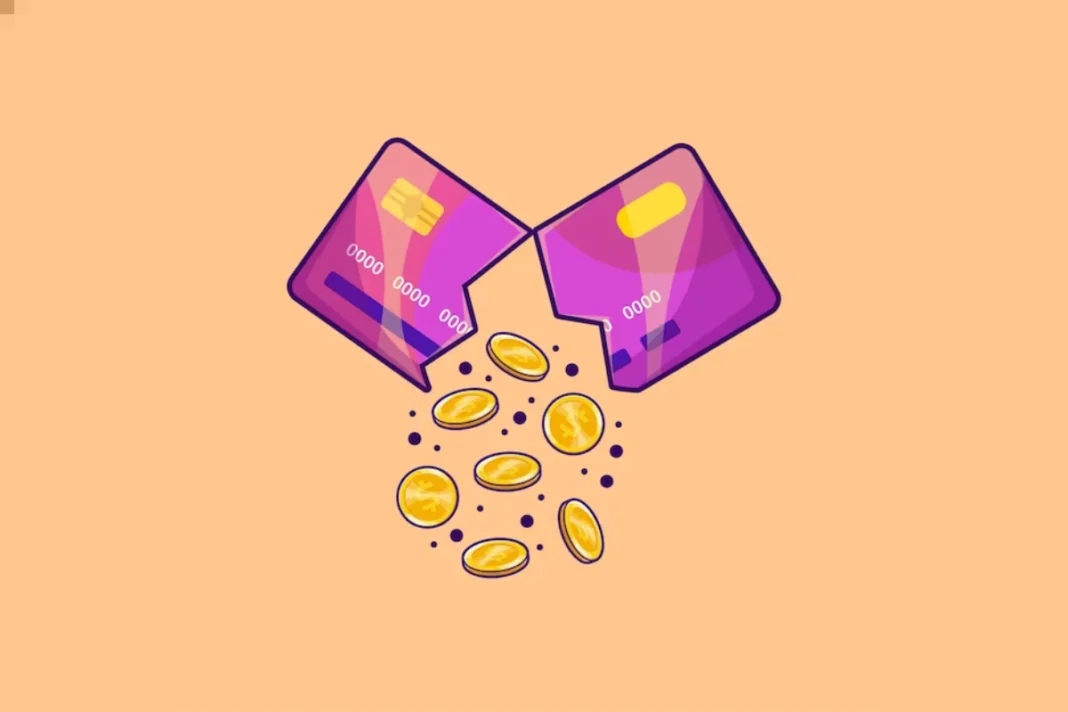Online Scam: After becoming a victim of an online work-from-home scam, a Panchkula resident recently experienced a financial disaster of Rs 14 lakh. As reported by TOI, a man contacted Pradeep Kumar, an IT administrator at a private hospital, over WhatsApp and offered him the chance to make some extra money by doing simple tasks like liking pages and watching videos.
Online Scam: WFH Fraud
Pradeep, who was intrigued by the promised work, accepted the offer and was told to pay Rs 90,000 as a documentation fee and membership.
The culprit allegedly conned Pradeep out of an extra Rs 13 lakh even though he finished the task set, alleging a number of charges, including tax, GST, and other expenses. When Pradeep noticed that he had not been contacted by the man he understood that he had been scammed.
How to stay safe from such scams?
- Update both your mobile devices and desktops. The greatest protection against viruses, malware, and other online risks comes from having the most recent security software, web browser, and operating system. Activate automatic updates to get the most recent fixes as soon as they are released.
- Be cautious of phishing schemes. Phishing scams deceive users into divulging private account or login information by using phoney emails and websites. Avoid opening attachments, pop-up windows, and links from sites you are unfamiliar with.
- Maintain the privacy of personal information. Social media profiles can be used by hackers to decipher passwords and provide answers to security questions in password reset tools. Secure your privacy settings and refrain from sharing personal information.
- Make secure passwords. A strong password consists of a minimum of eight characters, which should be a combination of capital and lowercase letters, numbers, and special characters.
- Make sure your internet connection is secure. Use a password to secure your home wireless network at all times. Be careful what information you send over public Wi-Fi networks when you connect to them.
- Purchase securely. Verify that the website is using secure technologies before making any online purchases. Check to make sure the website address starts with https when you go to the checkout screen. Additionally, see if the page has a tiny locked padlock sign on it.
- Go over the website’s privacy statement. Privacy policies, despite their length and complexity, explain how the website safeguards the personal data it gathers. Think about conducting business somewhere else if you are unable to view or comprehend a website’s privacy statement.
Keep watching our YouTube Channel ‘DNP INDIA’. Also, please subscribe and follow us on FACEBOOK, INSTAGRAM, and TWITTER


